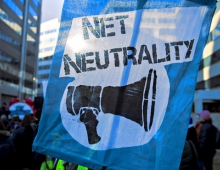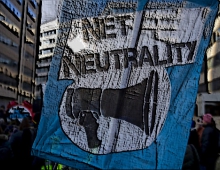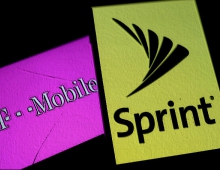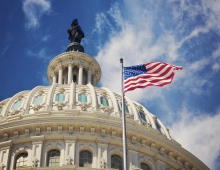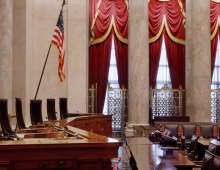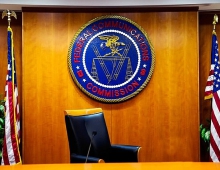
Internet Neutrality is Officially Dead
The U.S. Federal Communications Commission (FCC) on Thursday voted to repeal landmark 2015 rules aimed at ensuring a free and open internet.
The FCC claims that it has "voted to restore the longstanding, bipartisan light-touch regulatory framework that has fostered rapid Internet growth, openness, and freedom for nearly 20 years."
The FCC described the previous regulation of broadband Internet access service "imposed substantial costs on the entire Internet ecosystem."
The approval (3-2) of FCC Chairman Ajit Pai's proposal marked a victory for internet service providers like AT&T Inc, Comcast and Verizon Communications Inc and hands them power over what content consumers can access.
Democrats, Hollywood and companies like Google parent Alphabet and Facebook had urged Pai, a Republican appointed by U.S. President Donald Trump, to keep the Obama-era rules barring service providers from blocking, slowing access to or charging more for certain content.
Critics worry about the possibility of fast- and slow-lanes, more costs for consumers and disruption to innovation if paying for traffic prioritization becomes a necessity in the new economy.
Consumer advocates and trade groups representing content providers have planned a legal challenge aimed at preserving those rules.
Moreover, the FCC today also adopted "transparency" requirements that "will empower consumers as well as facilitate effective government oversight of broadband providers' conduct." In particular, the FCC's action today has restored the jurisdiction of the Federal Trade Commission to act when broadband providers engage in "anticompetitive, unfair, or deceptive acts or practices."
However, prospective activism by the Justice Department's antitrust division will hardly be enough to assuage fears of putting too much power in the hands of a few big ISPs, especially at a time of vertical consolidation in the media industry and the prospect of a big company like AT&T favoring its own content through so-called "zero-rating" practices.
Congress could intervene with its own legislation, but in the meantime, the dispute seems destined for a DC federal court to analyze whether the net neutrality repeal was arbitrary and capricious or rather grounded upon solid cause and adequate reasoning.

